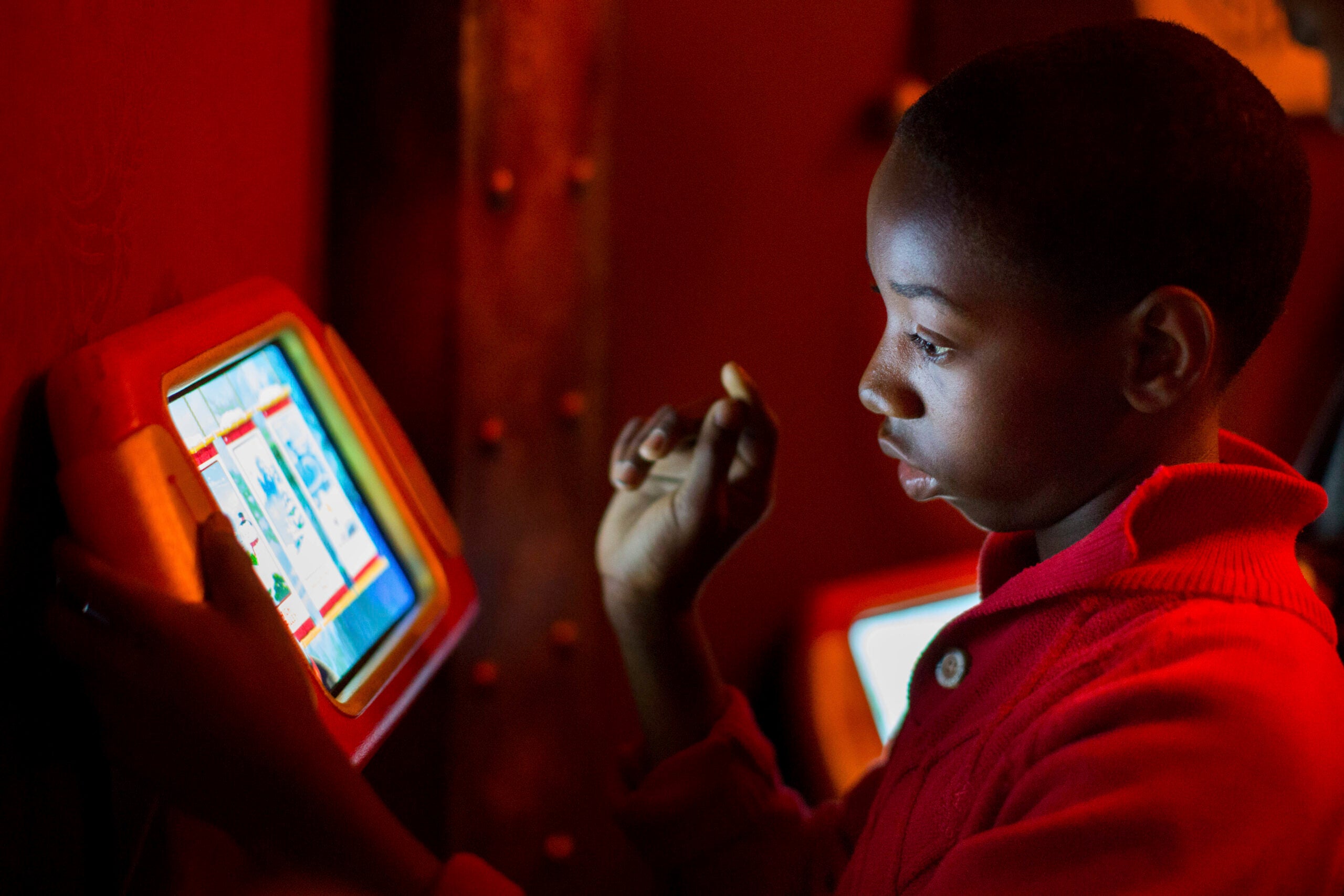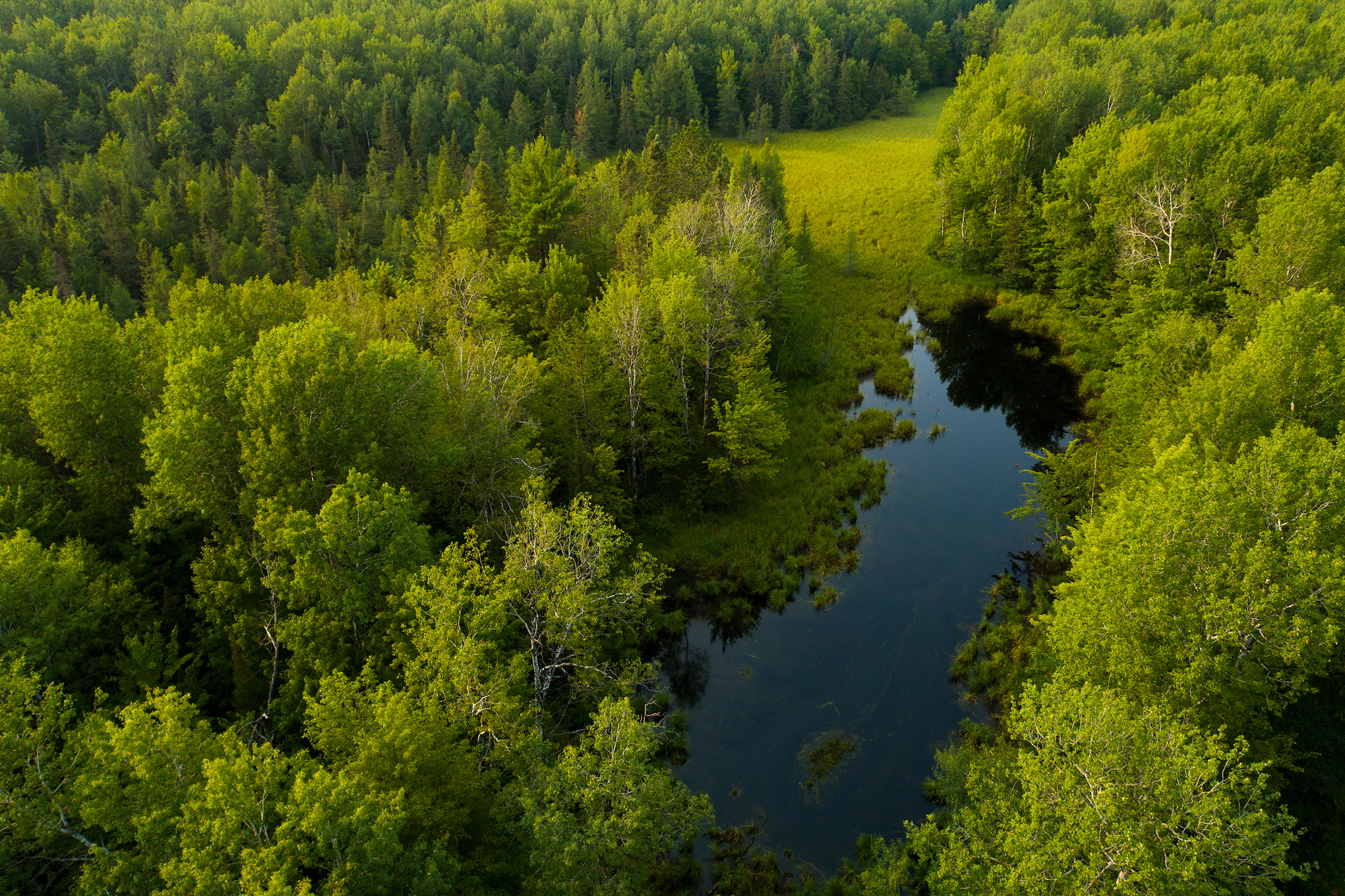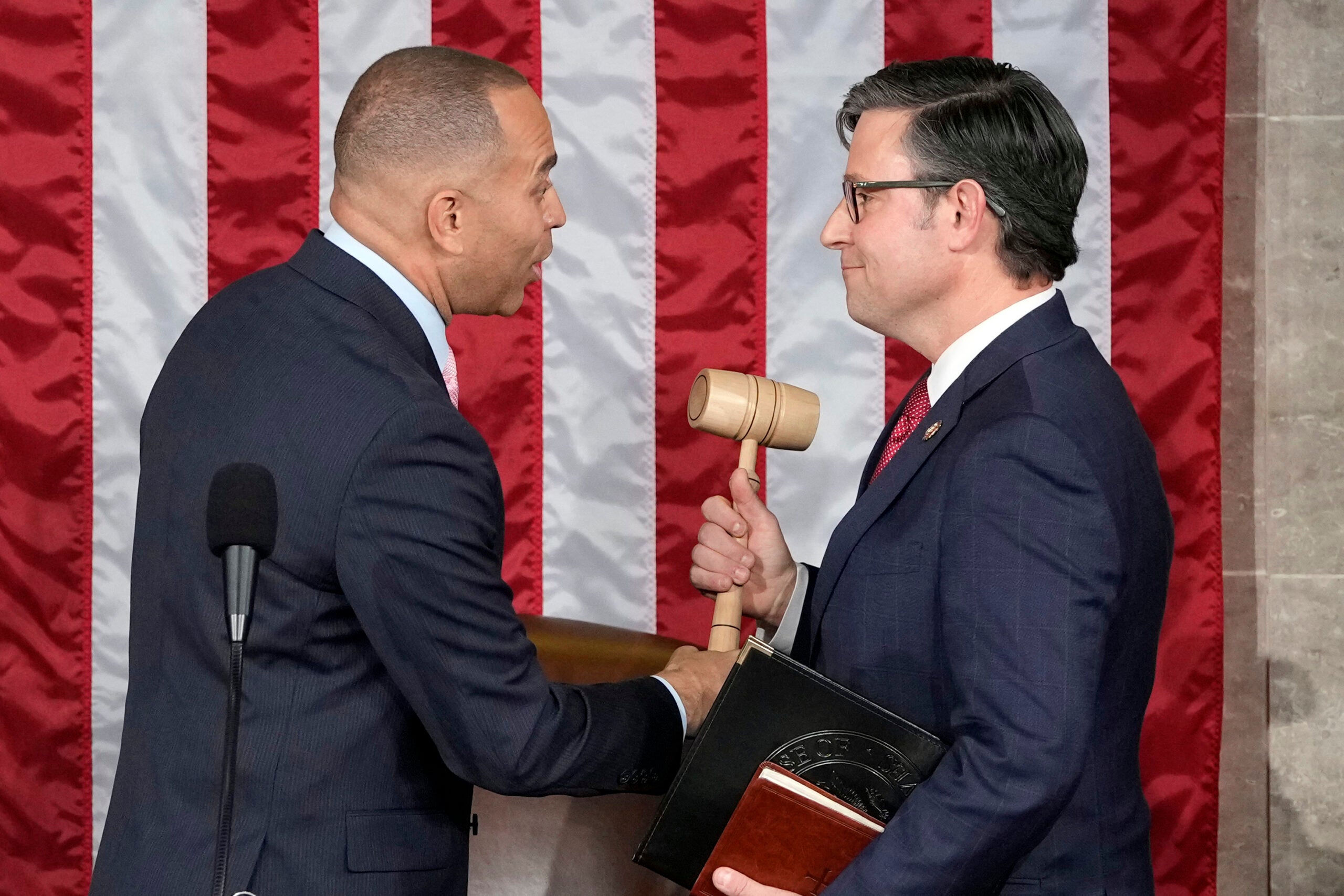Parenting in the 21st century has its fair share of confusions. The question of how much screen time is healthy for young kids led the American Academy of Pediatrics to recommend that no screens be used before the age of two. New guidelines may turn this rule on its head. We find out more. We also talk to a man who traveled the Wisconsin River — by paddleboard. And Wisconsin’s Department of Justice will install “Election Integrity Teams” to monitor polling stations in certain parts of the state. We’ll learn more about their role in this election.
Featured in this Show
-
Wisconsin DOJ To Implement 'Election Integrity Teams'
Tensions are high ahead of Election Day and state Department of Justice officials are installing “Election Integrity Teams” in parts of the state to monitor for voter fraud and disenfranchisement. We’ll speak with Jessie Opoien from The Capitol Times about the news.
-
The Wisconsin River–By Paddleboard
A Wisconsin man shares his journey down the entire length of the Wisconsin River by paddleboard.
-
Filmmaker Travels Entire Length Of Wisconsin's Longest River By Paddleboard
Jesse Hieb wanted to stop spending so much time on his smartphone. He could have switched it to airplane mode like the rest of us. Instead, he opted to journey 430 miles along the Wisconsin River alone by a plastic, inflatable paddleboard.
“It was kind of a ridiculous idea but a good idea in the end,” Hieb said.
OK, so it wasn’t only about getting away from the digital distractions. It was also a mission to immerse himself in nature, a state in which he said awakens him spiritually, and to help the River Alliance of Wisconsin share the river’s history
“The revitalization of the Wisconsin River is something that is just incredible,” Hieb said. “Thousands of people, hundreds of industries, municipalities and governments, all working together for one common reason. That being that they knew they had to take care of a freshwater resource that had been taking care of them for years.”
Hieb said the history of the state’s longest river is also a testament to environmental regulation. Politicians often warn regulations can hurt businesses and cut jobs.
“But in the case of the Wisconsin River, it is this beautiful story of environmental regulation helping industries innovate and modernize,” said Hieb. “And as a result, they’re still around. And the river is a lot better for it.”
It wasn’t all that long ago that many portions of the river were pretty polluted. Hieb said during his excursion he heard stories from people who weren’t allowed to eat the fish they caught when they were children. Others told him they remember getting sick after swimming in the river.
That’s certainly not the case today, said Hieb. And that was immediately apparent when his journey first started on the border with the upper peninsula. As he paddled, schools of fish swam below his board. He saw beavers and otters, and eagles flew above the dense marshfields.
From the very beginning, it was beautiful, and it was also terrifying.
“I was so scared,” Hieb said. “My ride dropped me off, and as he dropped me off, I thought to myself, ‘Gosh, I’ve only been out in nature by myself for like a max of maybe four days. And I’m about to do this for 17 to 20 days?”
He traveled through the Driftless Area on down as the river morphed from a small stream to rapid and expansive body of water – the landscape transforming alongside him. He brought all his food with him: a half-scoop of oatmeal and protein powder for breakfast, tortillas, peanut butter and cinnamon for breakfast, and rice and beans for dinner – he’d sometimes splurge with some tuna.
The weather didn’t always cooperate. There was the time that lightning struck so close he was lucky not to be injured; the rain fell so hard he ran to a pit toilet in a state park where he spent eight hours inside. Another time he camped atop a lone rock in the middle of the river.
“I was so scared that night that during my video journal that night, I said goodbyes to my family members,” Hieb said.
He fought through it all until he finally emerged to the river’s outlet at the mouth of the Mississippi River in Prairie du Chien.
“I couldn’t believe I was done,” Hieb said. “It was this huge weight off my shoulders, and I knew that I had a great story to tell that deserved to be told.”
That great story is ongoing as Hieb puts together footage from the trip that he just finished this fall for his upcoming film, Gone Paddling.
-
American Academy of Pediatrics Revises Screen Time Guidelines For Kids
To adjust to changes in technology and to react to recent research, the American Academy of Pediatrics recently revamped their guidelines for screen time. Since 1999, the rule was no screens before the age of 2 — but now they say there’s one exception to that rule. A digital parenting education specialist breaks down the new guidelines, and what they could mean for you and your family.
Episode Credits
- Rob Ferrett Host
- Veronica Rueckert Host
- J. Carlisle Larsen Producer
- Rob Ferrett Producer
- Chris Malina Producer
- Jessie Opoien Guest
- Jesse Hieb Guest
- Anne Clarkson Guest
Wisconsin Public Radio, © Copyright 2024, Board of Regents of the University of Wisconsin System and Wisconsin Educational Communications Board.




